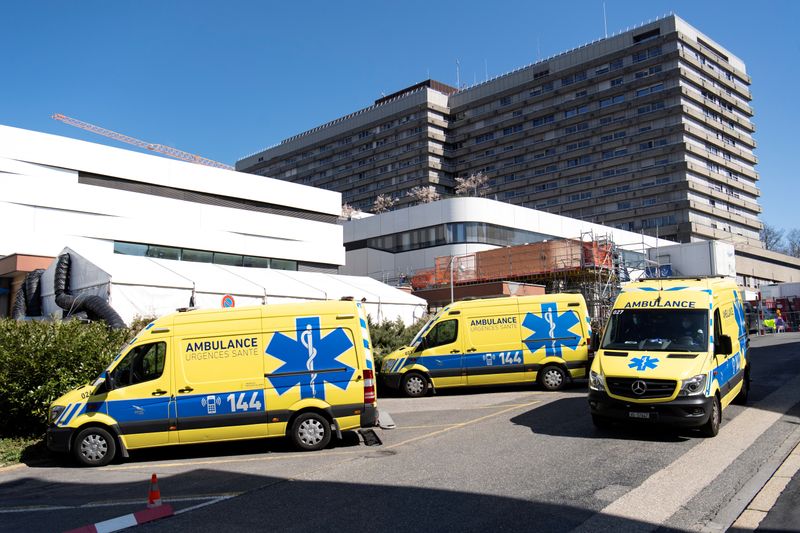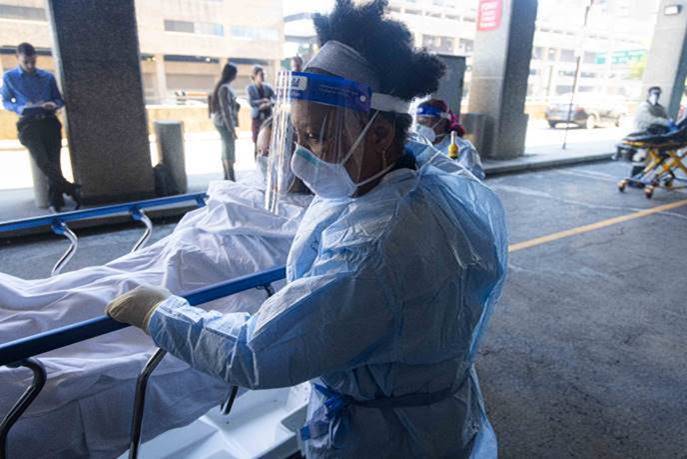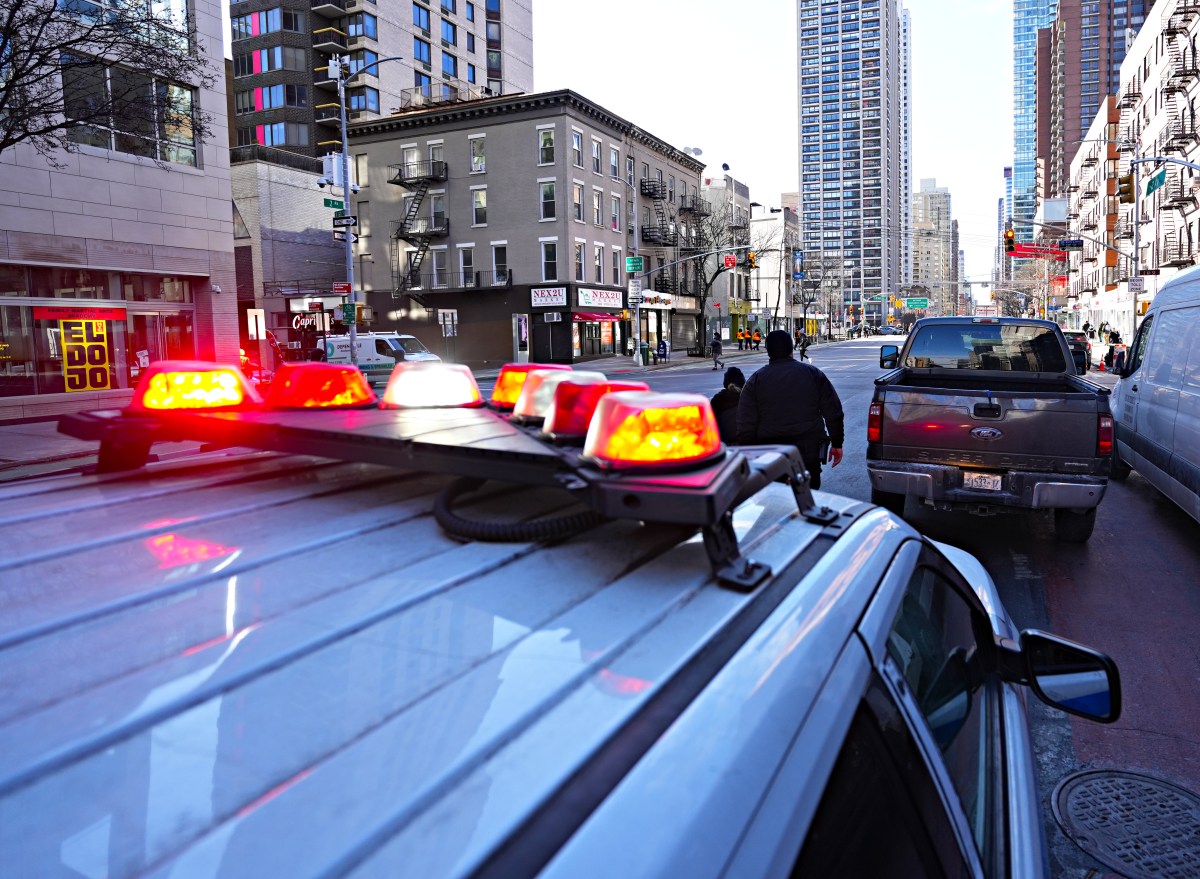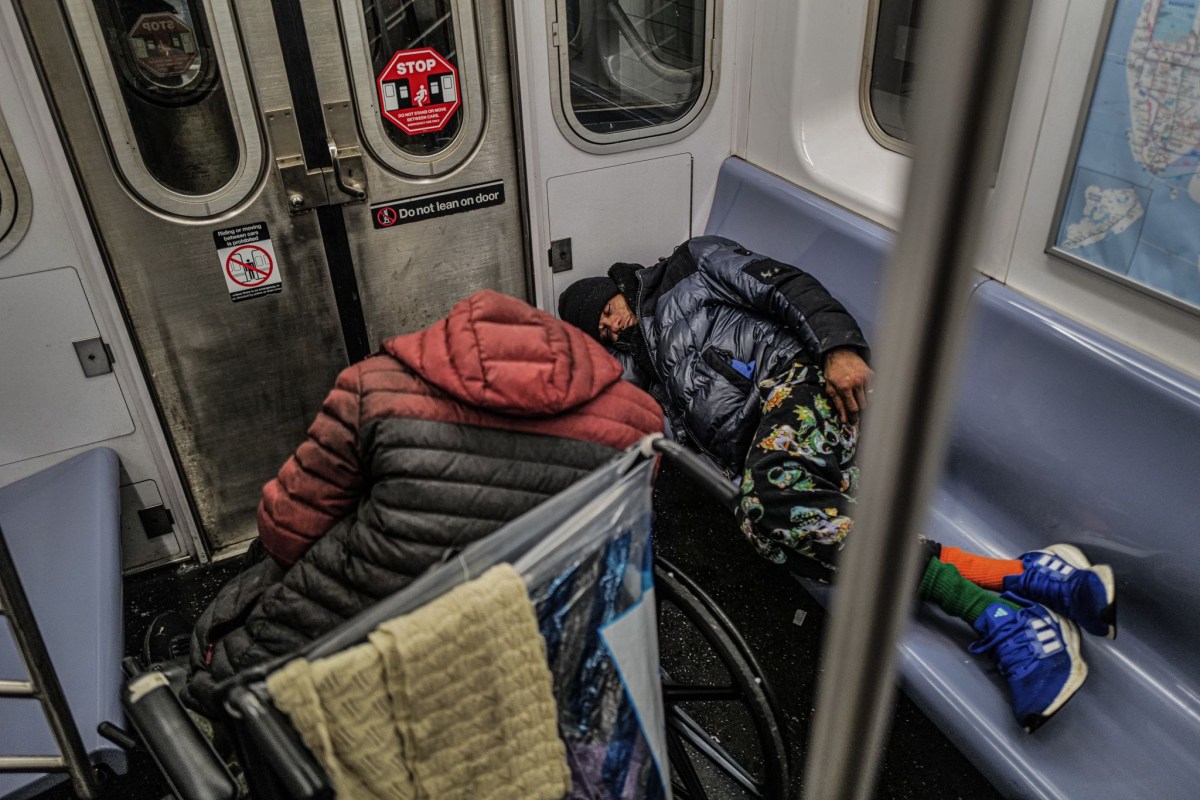ZURICH (Reuters) – Switzerland’s government on Friday urged residents against complacency, saying they must keep their guard up even as the country’s new coronavirus infection rate slows and lawmakers start relaxing restrictions to stem the disease’s spread.
Daniel Koch, who has led the government’s response at the public health ministry, said Switzerland still faced the risk of rising infections and deaths, while restrictions like keeping social distancing had to maintained.
“We’re a long way from being out of the danger zone. There’s a very big danger that more people become infected and that we will have additional, difficult cases,” Koch told a press conference. “This is a dangerous disease, not just for people in the risk groups.”
Switzerland on Thursday said it would let hairdressers, beauty salons and some other businesses re-open from April 27, followed by shops and schools next month.
The official Swiss death toll from the new coronavirus has reached 1,059 people, the country’s public health agency said on Friday, rising from 1,017 on Thursday.
Positive tests increased to more than 27,000, with a daily rise of 346 significantly down from the peak of nearly 1,300 per day at the end of March. Some 300 are still on ventilators.
“The rise is flattening,” Koch said. “It has not risen as steeply as feared or predicted, thank God.”
Still, the exit from the shutdown has been criticised by some business groups who said it was too slow.
An association of Swiss restaurants, Gastro Suisse, has criticized the government’s decision not to give its members clear guidance to re-opening, saying that left them mired in uncertainty.
Koch said the government was assessing concerns, adding the restaurant sector faced problems like keeping the minimum distance between guests and tracing potential infections.
“We have to see where we can operate restaurants without any danger, where guests and personnel are protected,” he said.
The hotel and restaurant industry has been particularly battered by the coronavirus outbreak, with three quarters of its workers applying for short time working compensation at present as their workplaces have been shuttered.
Currently nearly 167,000 companies have applied for the scheme, where the government covers a share of the wages for furloughed workers. That applies to up to 1.76 million employees, or around a third of the Swiss workforce, though not all of them are currently on short-work hours.
(Reporting by John Revill; Editing by Michael Shields and John Miller)























